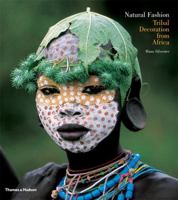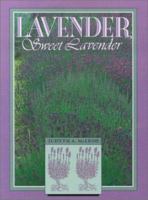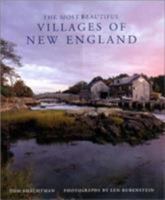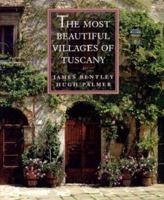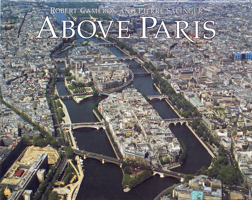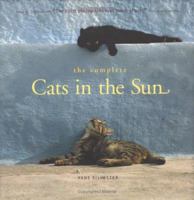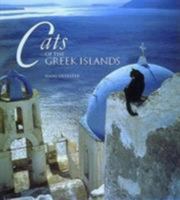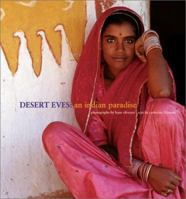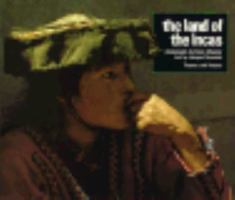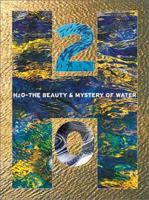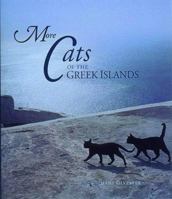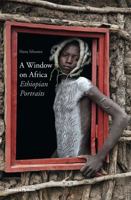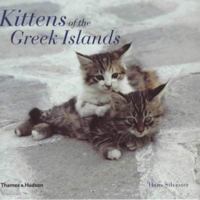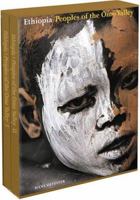Cats in Love
Select Format
Select Condition 
You Might Also Enjoy
Book Overview
Customer Reviews
Rated 5 starsHans Silvester's Cats in Love
Hans Silvester has a phenomenal ability to capture cats in their natural environment on film. He obviously has a great understanding of and empathy with these cats. This particular book candidly illustrates cats and their complex relationships with one another. If you love cats, you will love Cats in Love!
1Report
Rated 5 starsa beautiful testimony to the beauty of cats!
Wonderful, artistic, whimsy, colorful, amazing photos of cats. If you just can't get enough cats, you need this book!
1Report
Rated 5 starsDignity, grace, beauty, emotional range, & sexuality of cats
Professional photographer Hans Silvester is passionate abut nature as evidenced in his acclaimed career as a travel photographer. Now with Cats In Love he turns his artist's eye to the subject of our feline companions in an impressive array of full color photography wonderfully capturing the images of cats against the dramatic backdrop of Greece. These are images reflecting the dignity, grace, beauty, emotional range, & ...
1Report
Rated 4 starsBeautiful Photography, Graceful Cats.
"Cats in Love" is the latest book of feline photography from noted cat photographer Hans Silvester. This large, colorful book is filled with beautifully composed photos of cats in the Greek Isles. Most of the photos are of one or two cats, though there are a few that have larger groups of cats. The beauty of this book is in Sylvester's ability to convey feline temperament, mood, attitude, guile, poise, and grace in every frame...
1Report













